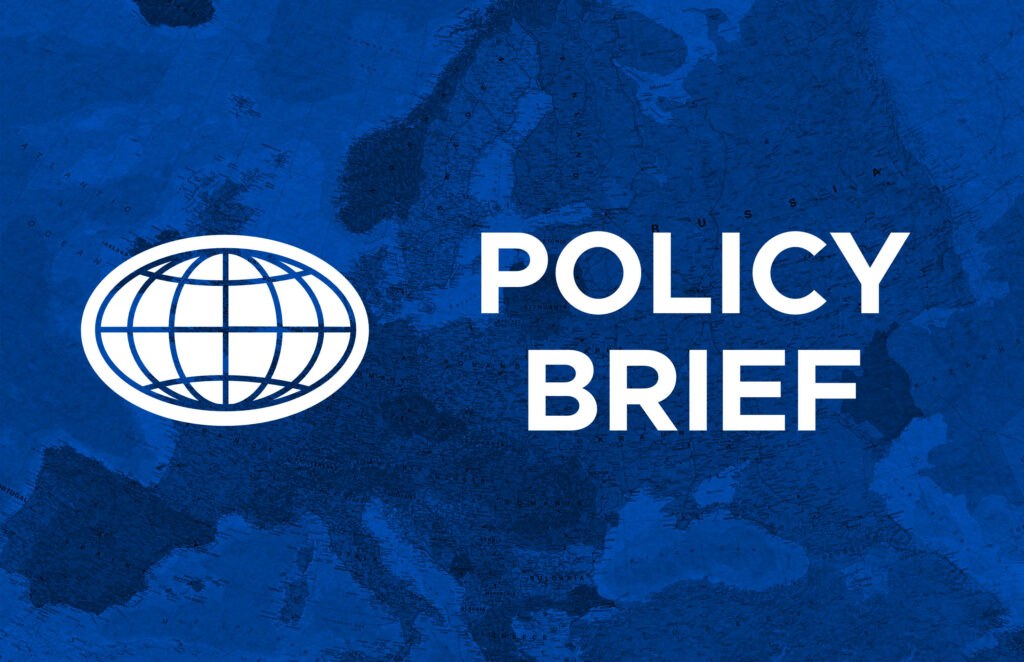We Need An Information Authority to Defend Truth

In an age where truth is losing its gravitational pull, Europe faces a defining question: can democracy survive in a post-truth world?
From Russian disinformation campaigns to the viral spread of lies about elections, vaccines, or climate change, we are witnessing a silent corrosion of democratic trust. Propaganda is no longer just a relic of the 20th century, it is a digital, algorithmically-amplified threat that undermines public discourse and weakens institutional legitimacy.
To confront this, the Strategic Intelligence Institute proposes a bold but necessary idea: the creation of a European Information Authority (EIA), a scientifically grounded, politically independent fourth branch of democratic governance.
This vision is laid out in our newly released policy brief, “A Fourth Branch for Democracy: Establishing a European Information Authority to Defend Truth in the Digital Age.” It outlines both the necessity and the feasibility of such an institution.
Why a Fourth Branch?
The EU already has robust legislative, executive, and judicial institutions. But none of them are structurally equipped to patrol the digital battlefield where democracy is being eroded daily. Truth itself — what is real, what is false, what is misleading — has no dedicated guardian.
Worse, no information authority is independant from the executive branch, that is often the branch benefiting the most from lies.
The EIA would fill this gap: a neutral, transparent institution designed to track and correct falsehoods that threaten the public good, without censoring opinion or political dissent.
How Would It Work?
The EIA would be built around three pillars:
- Scientific Integrity: Claims are assessed not through ideology but through transparent, evidence-based processes. The model is closer to peer-reviewed science than political oversight.
- Technological Capacity: A publicly vetted AI system flags viral falsehoods in real time. Then, expert panels—made up of over 1,000 vetted academics—review and issue context-rich findings. A special tribunal handles appeals.
- Institutional Independence: To avoid politicization, the EIA would operate independently from the European Commission, Council, and Parliament. Its budget would be tied to EU GDP, and its experts elected in staggered, non-partisan terms.
A Light Prototype Comes First
We understand that creating a full-fledged fourth branch of government is a monumental task. That’s why the policy brief also lays out a “light version”: a pilot agency that could be launched quickly at the EU or national level. With a leaner team and a focused scope (e.g., elections, health, climate), this agency could prove the concept in real time, build public trust, and set the stage for broader adoption.
Addressing the Critics
This proposal is not a call for a “Ministry of Truth.” It’s a call for intellectual accountability. Only empirically false or highly misleading content would be addressed, and all decisions would be public, appealable, and evidence-backed.
We also anticipate and welcome democratic scrutiny. That’s why the entire system would be open-source, independently audited, and governed by scientists—not politicians or corporations.
Truth is a Public Good
The right to speak freely does not include the right to deceive entire populations without consequence. As a society, we regulate pollution, fraud, and public health—why not the pollution of our information environment?
Europe must lead the way in defending truth as a public good. The Information Age demands an evolution of democratic architecture, and the EIA could be the institution that ensures the survival of truth itself.
📘 Download the full policy brief here